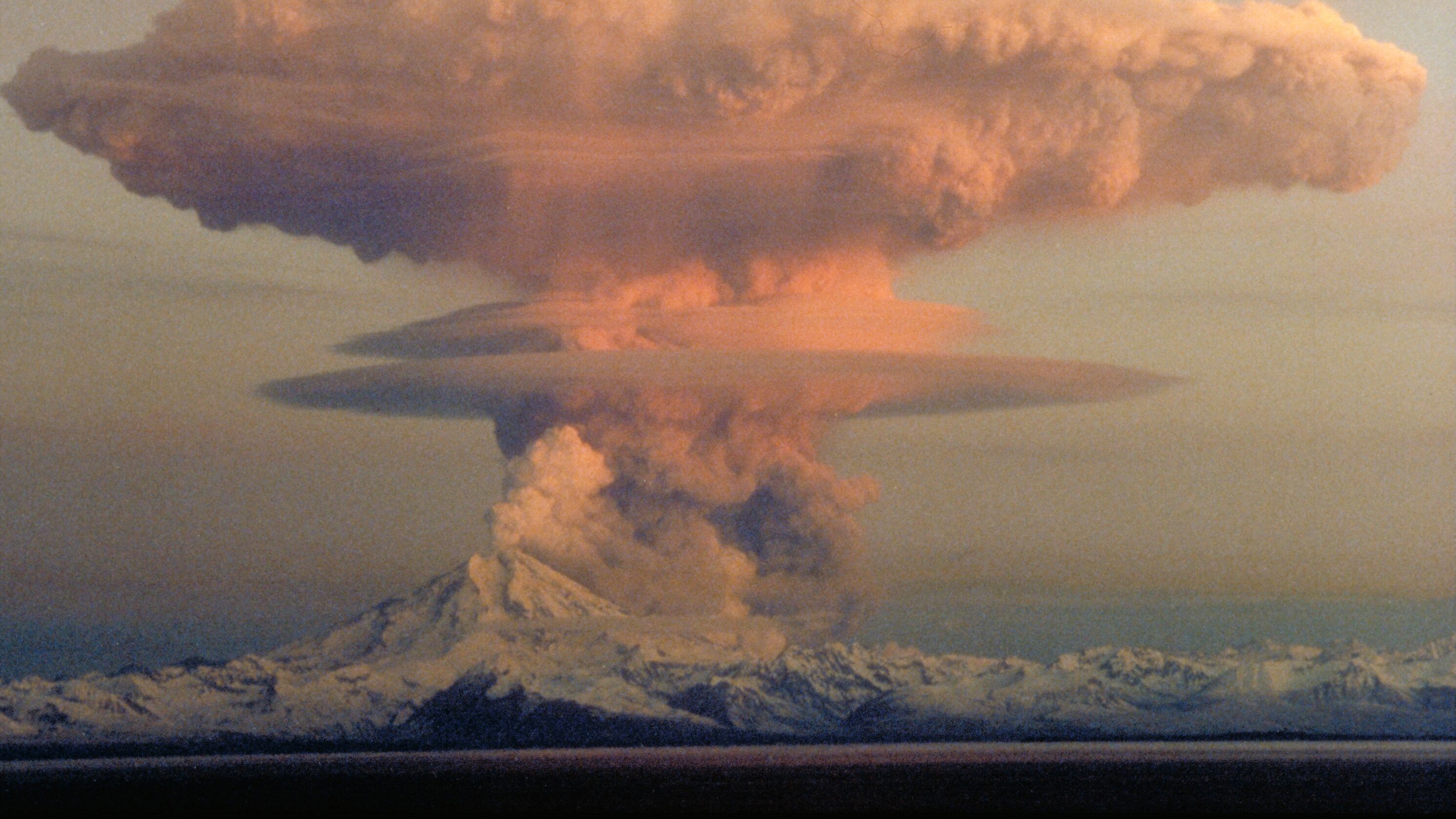Millions of Oregonians and Washingtonians live in areas that are at risk of volcanic hazards.
After a deadly eruption today on New Zealand's White Island, which killed five people, Oregon's Office of Emergency Management has put out a warning that Oregonians need to be more prepared for geological hazards.
Althea Rizzo, the geologic hazards awareness program coordinator at the OEM, says that many people hiking in the Cascades mountain range aren't aware that "those are all volcanoes and they're all active volcanoes capable of erupting."
"Around every 50 years we have an eruption in the Cascades," Rizzo says. "The last one was in 1980. These do happen fairly regularly and we're certainly expecting one to happen again soon. So, it behooves us to take preparedness steps."
Rizzo says that in Oregon, Mount Hood, the Three Sisters and Newberry Volcano, which is about 20 miles south of Bend, are the "most concerning."
"Approximately one million people in the Portland metro area would be affected by an eruption of Mount Hood," Rizzo says. "If it was a very large event, ash flow could make it all the way to Idaho and Montana."
Related: Scientists Are Studying a Massive Underwater Volcano off the Coast of Oregon
She says The Big One, the Cascadia subduction zone earthquake, isn't the only hazard Portland, and much of Oregon, faces.
"There are multiple hazards associated with volcanoes," she says. "The first is ash clouds, which could go very high in atmosphere for hundreds of miles. Then pyroclastic flows, which are generally limited to the mountain area. And we also have lahar flows, which occur when the snowpack melting during the eruption comes downriver as a concrete slurry, which basically destroys everything in its path."
Rizzo says that both government agencies and individuals bear the burden of upping disaster preparedness efforts. She says people should be prepared to camp in their homes for at least two weeks without water, power or functioning sewer systems. That includes stockpiling food, water and medicine, and talking with friends and family about how everyone will communicate and where they will meet after a disaster strikes.
"90 to 95 percent of rescues after an earthquake are from a family member or neighbor or stranger," Rizzo says. "We're all going to be each other's first responders after a Cascadia event."
Related: Portland's Doomsday Preppers Will Help You Survive the End of the World. For a Fee.

